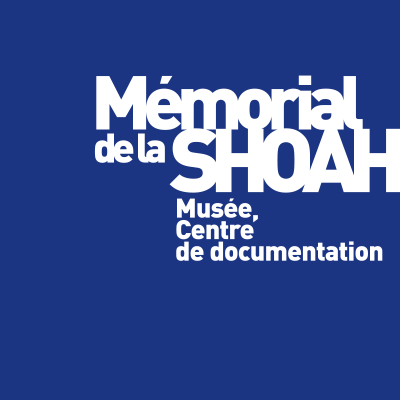Tribute to Elie Wiesel who died on July 2, 2016

Elie Wiesel at the Shoah Memorial in 2008
Elie Wiesel passed away on Saturday, July 2, 2016 at the age of 87 at his New York home. Holocaust survivor and Nobel Peace Prize winner, the American Jewish writer had continued to perpetuate the memory of the Shoah but also to question human nature and its faith.
This teenager, whom the Shoah left orphaned and stateless at only 17 years old, was taken in by the OSE (Jewish Relief Society for Children) a few months after the liberation of the camps in 1945. After studying philosophy at the Sorbonne, Elie Wiesel will become a journalist and writer. But it took him ten years to start writing about the war. Ten years for 'The Night' to finally see day, in 1958. This masterpiece, the testimony of a teenager who has seen hell, of a young man whom Auschwitz will have upset forever, awakening in him "the lowest spirit, the wildest instinct" remains one of the greatest works of post-Shoah literature.
Elie Wiesel had finally found meaning to his survival in the testimony, writing, and teaching of the Shoah. He wrote about sixty books, mainly in French, and stood tirelessly against injustice and oppression in the world, until becoming a messenger of peace for humanity, awarded the 1986 Nobel Prize.
Throughout the weekend, many personalities responded to the announcement of his death to pay tribute to him. The Shoah Memorial also wishes to remember this great writer and memory broker through the video of a meeting organized at the Memorial on the occasion of the release of his novel "The Sonderberg case" in 2008:
In the continuity of Elie Wiesel’s work, the transmission and teaching of the history of the Shoah remain our main mission. We will remember these few words of this great humanist pronounced during this meeting in 2008 at the Memorial: "I want to communicate my passion for teaching, for study, I mean that, despite everything, hope exists because we invent it every time we look at a child. I remained the child I was, there is the child in me who judges me, the child in me who questions me: "what have you done with my future?" There is an extraordinary responsibility, each word must tell the truth, I don’t think I survived to lie.
Jacques Fred, director of the Shoah Memorial, spoke on France Culture on July 4, 2016 about the disappearance of Elie Wiesel:
“Elie Wiesel was a witness but he was also a voice, a political conscience. It must be remembered that Elie Wiesel was one of those who challenged the US presidents (...), it was he who, in 1993, urged Clinton to push the UN to intervene in the former Yugoslavia where massacres were taking place. He is going to be one of the guardians of the temple for teaching the history of the Shoah and the fight against antisemitism. We are always looking for great moral authorities around us, unfortunately the survivors of the Holocaust can be counted on one hand today and these great moral and human authorities too. Listen again to this interview (6'13)

All our thoughts go to his loved ones.


